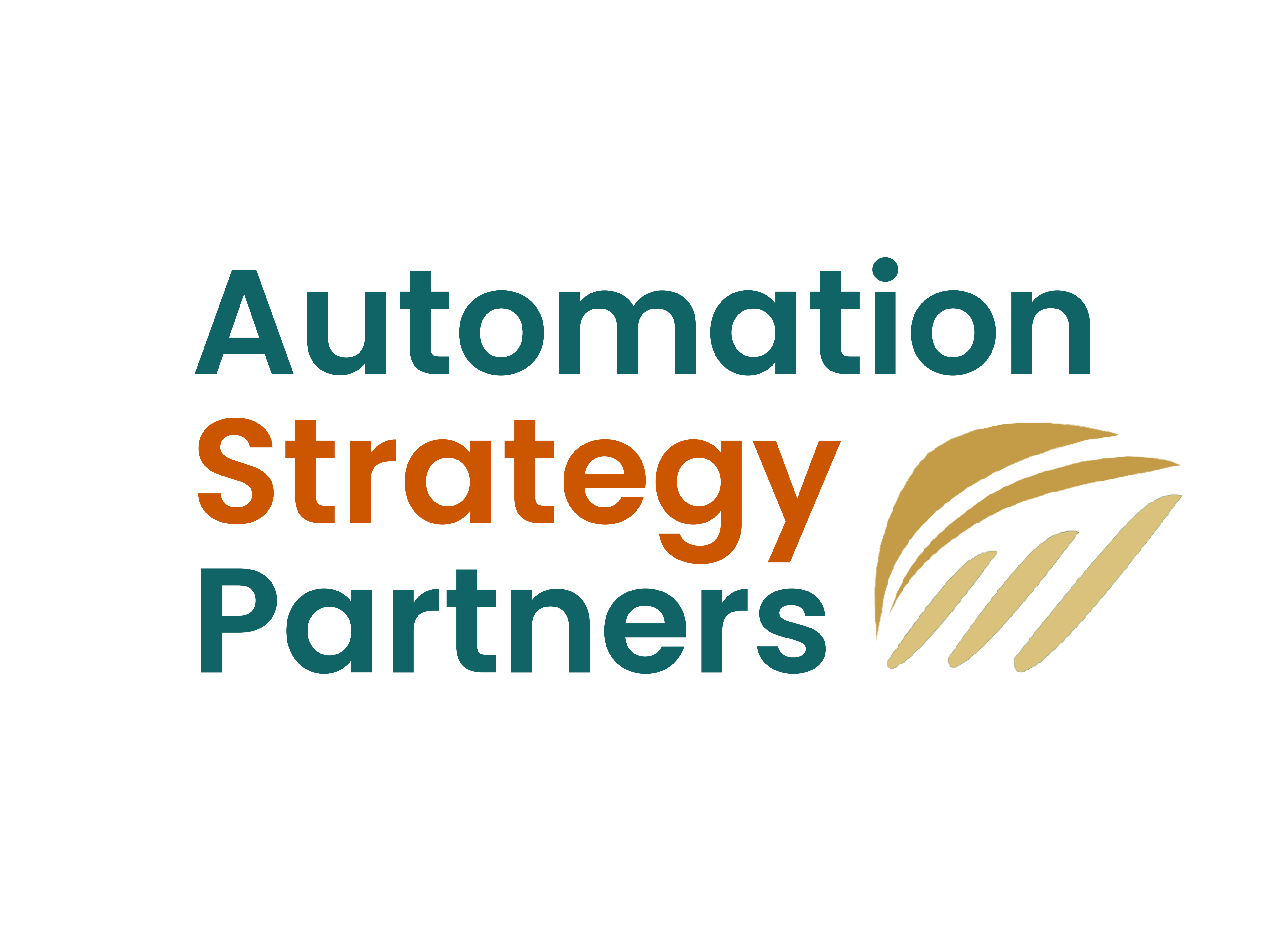Accounting firms face many challenges in today’s competitive and dynamic market. They need to deliver high-quality services to their clients, comply with regulatory standards, manage their resources efficiently, and stay ahead of the curve in terms of technology and innovation. One way to achieve these goals is to leverage the power of workflow automation and robotic process automation (RPA).
Workflow automation is the process of automating repetitive and manual tasks that are part of a business process. For example, workflow automation can be used to streamline the invoicing, billing, and payment processes, reducing errors and saving time. Workflow automation can also improve collaboration and communication among team members, clients, and stakeholders, as well as provide real-time visibility and reporting on the status and performance of the processes.
Robotic process automation (RPA) is a subset of workflow automation that uses software robots or digital workers to mimic human actions and interact with various applications and systems. For example, RPA can be used to extract data from scanned documents, enter data into accounting software, reconcile bank statements, generate reports, and perform audits. RPA can also enhance the accuracy and reliability of the data and processes, as well as free up human resources for more value-added tasks.

By combining workflow automation and RPA, accounting firms can achieve significant strategic benefits such as:
– Accounting firms that have adopted workflow automation, differentiate themselves in the ‘war for talent.’ When faced with the option to join an ‘old school’ accounting firm and one that is progressive and adopting new technology, which one do you think a graduate or experienced accountant will choose?
– Client onboarding and the overall customer experience is enhanced significantly when workflow automation delivers a consistent high-quality experience for new and existing clients.
– Increased productivity and efficiency: Workflow automation and RPA can eliminate manual work, reduce errors, speed up processes, and optimize workflows. This can result in higher output, lower costs, and better customer satisfaction.
– Improved compliance and quality: Workflow automation and RPA can ensure that the processes follow the best practices and standards, as well as provide audit trails and documentation. This can help accounting firms comply with regulatory requirements, avoid penalties and fines, and enhance their reputation and trustworthiness.
– Enhanced scalability and flexibility: Workflow automation and RPA can enable accounting firms to handle varying volumes and complexities of work without compromising quality or timeliness. They can also adapt to changing business needs and customer expectations by adding or modifying workflows and robots as needed.
– Greater innovation and differentiation: Workflow automation and RPA can empower accounting firms to leverage data analytics, artificial intelligence, machine learning, and other emerging technologies to gain insights, improve decision making, offer new services, and create competitive advantages.
– Workflow automation reduces or eliminates the mundane, manual tasks performed by accountants every day. When eliminated, accountants can devote more time delivering value adding services to their clients.
In conclusion, workflow automation and RPA are powerful tools that can help accounting firms transform their operations, improve their performance, and achieve their strategic goals. To implement them successfully, accounting firms need to assess their current processes, identify the opportunities for automation, select the right tools and partners, design and test the workflows and robots, monitor, and evaluate the results.
If you are exploring workflow automation for your accounting firm, it will be worthwhile to have a discussion with one of our consultants.
